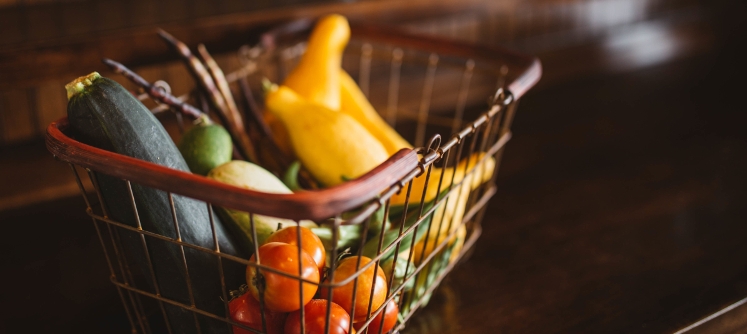Fitness expert Ross Edgley shares his three reasons for becoming a vegan once a week.
For those of you who are unfamiliar with veganism, it involves adopting a nutritional approach completely free of animal products. The likes of meat, dairy and eggs are all banished from kitchen cupboards and plant-based foods are championed.
Unlike many of my friends who are devoted to this ethical choice, I cannot claim to be a fully-fledged vegan. Instead, I am a part-time participant who reaps the benefits of a plant-based diet once a week.
So, why am I this nutritional nomad who dips in and out of this world with a fork in one hand and a sweet potato, lentil dhal in the other? Well, here are my reasons:
1. We over-simplify our diets
You’re either high fat or you’re low fat. You’re either vegan or you’re a carnivore. We’re forever putting people – and our diets – into ‘pigeonholes.’ This ‘polarised’ way of thinking makes us believe that when it comes to food, it must be all or nothing.
This can take the joy out of eating. Personally, I would rather enjoy a varied and healthy diet, especially when the International Journal of Obesity has found there is no perfect nutrition plan when it comes to weight loss.
The type of diet you have is not as important as sticking to it and enjoying it, which is why I’m happy to go vegan even if it’s just for one day a week.
2. Calories count, but so do nutrients
We watch, count, and even fear calories. Why? Well, it stems from our basic understanding that if we increase our calorie intake we become fat, and if we reduce it we become lean.
However, calorie equations have become harder to manage in recent years. Our kitchens have been invaded by junk foods that are calorie-dense and nutrient-poor. The result is an obesity epidemic that’s strangely coupled with a form of malnutrition. People are eating more yet not getting the vital vitamins, minerals, micronutrients and enzymes that the body needs to fight disease.
This is why once a week I decide to flood my body with nutrient-dense, plant-based food that too many people’s diets are missing. Plant-based diets are higher in dietary fibre, iron, vitamin C, magnesium, folic acid, vitamin E and hundreds of small phytochemicals. They’re also notably lower in calories, saturated fat and cholesterol.
3. A vegan diet has everything you need to compete physically
Before a triathlon, marathon or any big endurance-based activity I will often opt to go vegan. Why? A vegan diet is rich in good fats and carbohydrates that are densely packed with plant-based vitamins. This makes for a welcome and efficient form of fuel before you train. But how can it help you afterwards?
Studies published in the Journal of Sports Sciences have stated that regular exercise leads to an even greater need for protein. This is why the cupboards of most vegan athletes come fully stocked with nuts, lentils, nut butter soy protein and maybe even specially formulated vegan protein powder, all of which provide sportsmen and women with the necessary protein to rebuild and regrow their bodies.
Bottom line, the nutritional and health benefits of a plant-based diet make going vegan once a week a no-brainer. Give it a go and see the results for yourself.




























